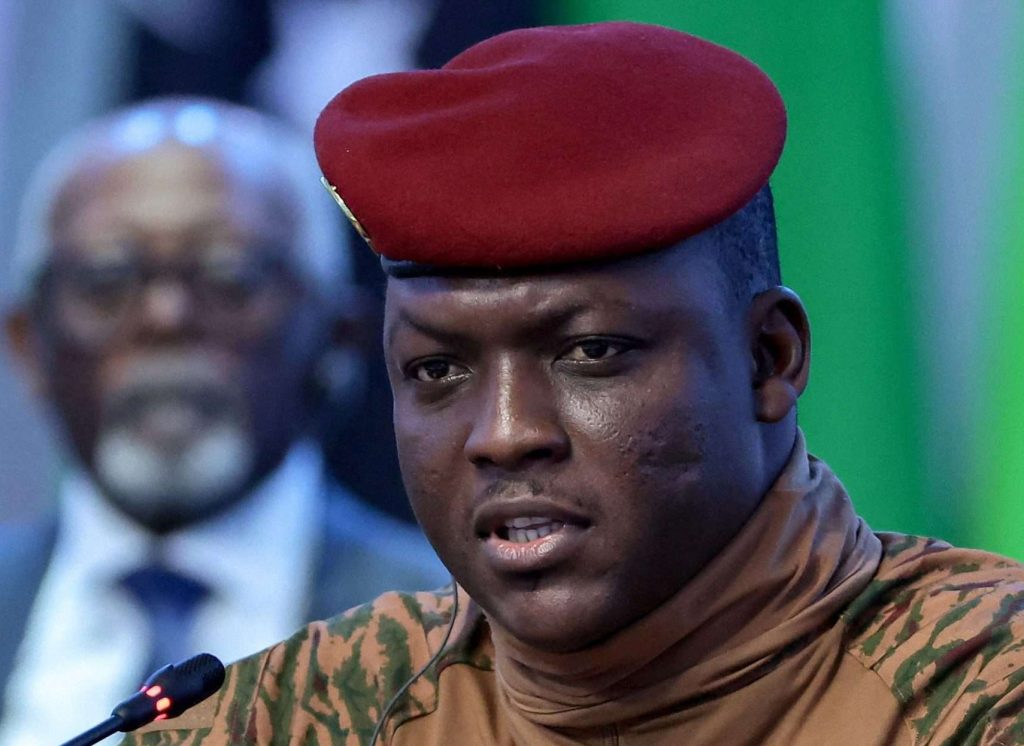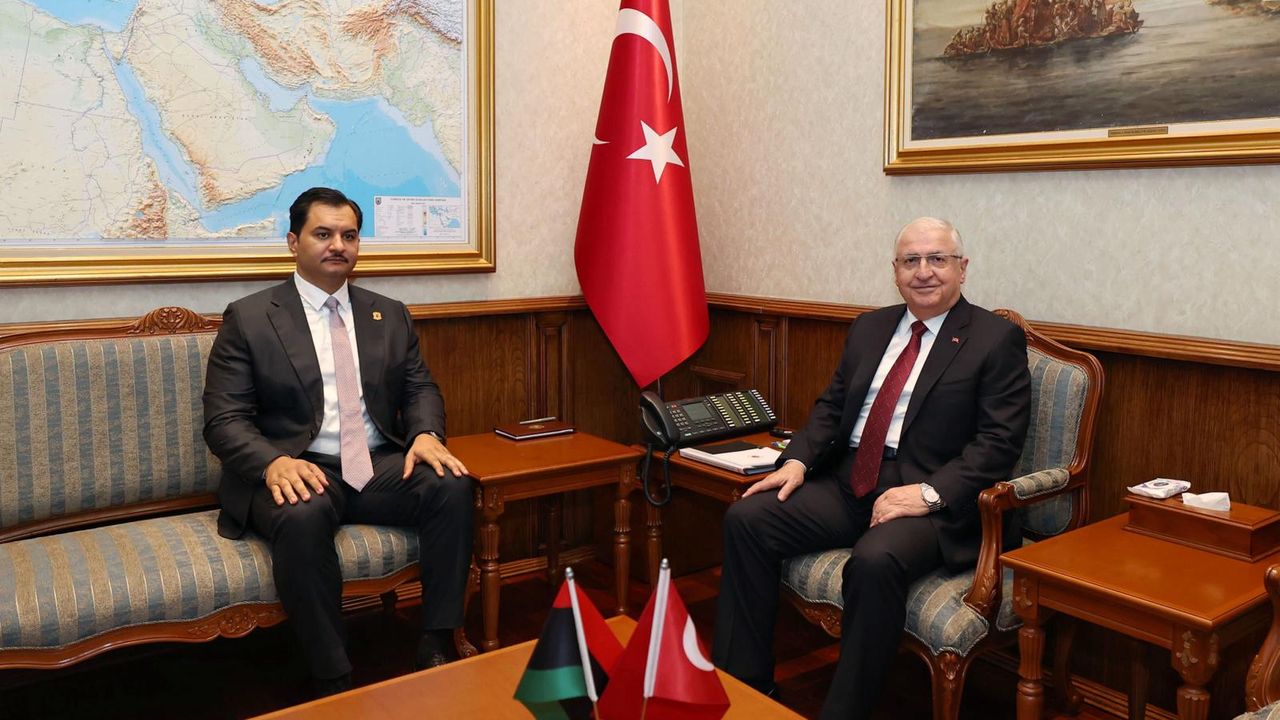Burkina Faso strenghtens ties with the Taliban

Burkina Faso’s radical leader, Ibrahim Traoré, continues his pivot from the West, now deepening relations with Afghanistan’s Taliban regime. The unexpected alliance might be an attempt to address the country’s ballooning militant insurgencies, many of which informally align with the Taliban.
Afghanistan’s ambassador to Iran, Maulvi Fazl Mohammad Haqqani, met with his Burkinabe counterpart, Mohammad Kabura, on May 12 in Tehran, according to AP.
In a statement, the Afghan embassy in Tehran said that both parties pledged to expand “cooperation in the fields of trade, agriculture, mining, and the exchange of professional and vocational skills.”
They also agreed to have delegations from the private sector visit soon as part of the plan to develop bilateral trade relations, though formal dates have not been set.
The meeting follows a visit by the Commander General of Iranian law enforcement and security forces to Niger, Burkina Faso’s neighbor and ally. The visit culminated in a memorandum of understanding “covering several areas of cooperation between the two countries,” according to a statement from Niger’s Minister of the Interior, Brig. Gen. Mohamed Toumba to media outlets.
Specifically, the two agreed on training for the Niger Police and National Guard at the Iranian Police University.
Burkina Faso might too be seeking to bolster its internal security through the alliance. Ibrahim Traoré, the country’s military leader, rose to power in a coup in September 2022, partly on a campaign to stem the tide of militant insurgencies wreaking havoc on the country.
However, the junta has struggled to fulfill this promise. The landlocked nation of 23 million people has become emblematic of the security crisis in the Sahel region, with extremist groups linked to al-Qaida and the Islamic State controlling significant portions of territory.
Since the three-nation junta-led bloc of Mali, Burkina Faso, and Niger announced their withdrawal from ECOWAS in January, they have been seeking alternative non-Western partners. Ulf Laessing, head of the Sahel program at the Konrad Adenauer Foundation in Bamako, told The Associated Press that they hope to “rely less on Western companies and focus more on their so-called new partners.”
Recently, on May 10, Traore met with Vladimir Putin in Moscow. The visit, on the 80th anniversary of Russia’s Victory in the Great Patriotic War, was deeply symbolic. It not only signified deepening military and scientific ties, but also Burkina Faso’s alignment with Russia’s anti-colonial and anti-Western narrative.
The agreement with the Taliban comes as part of this broader realignment, seeking support from non-Western entities to address both economic and security challenges.
AP/ Maghrebi
Want to chase the pulse of North Africa?
Subscribe to receive our FREE weekly PDF magazine













traore gives hope to africa
A very interesting move from Traore to snub western policies. However, diplomatic realignment with an infamous regime like the Taliban Government can be very detrimental when there are terror groups within the region that use the Taliban’s modus operandi for its operations. It could affect other nations’ stance with Burkina Faso.